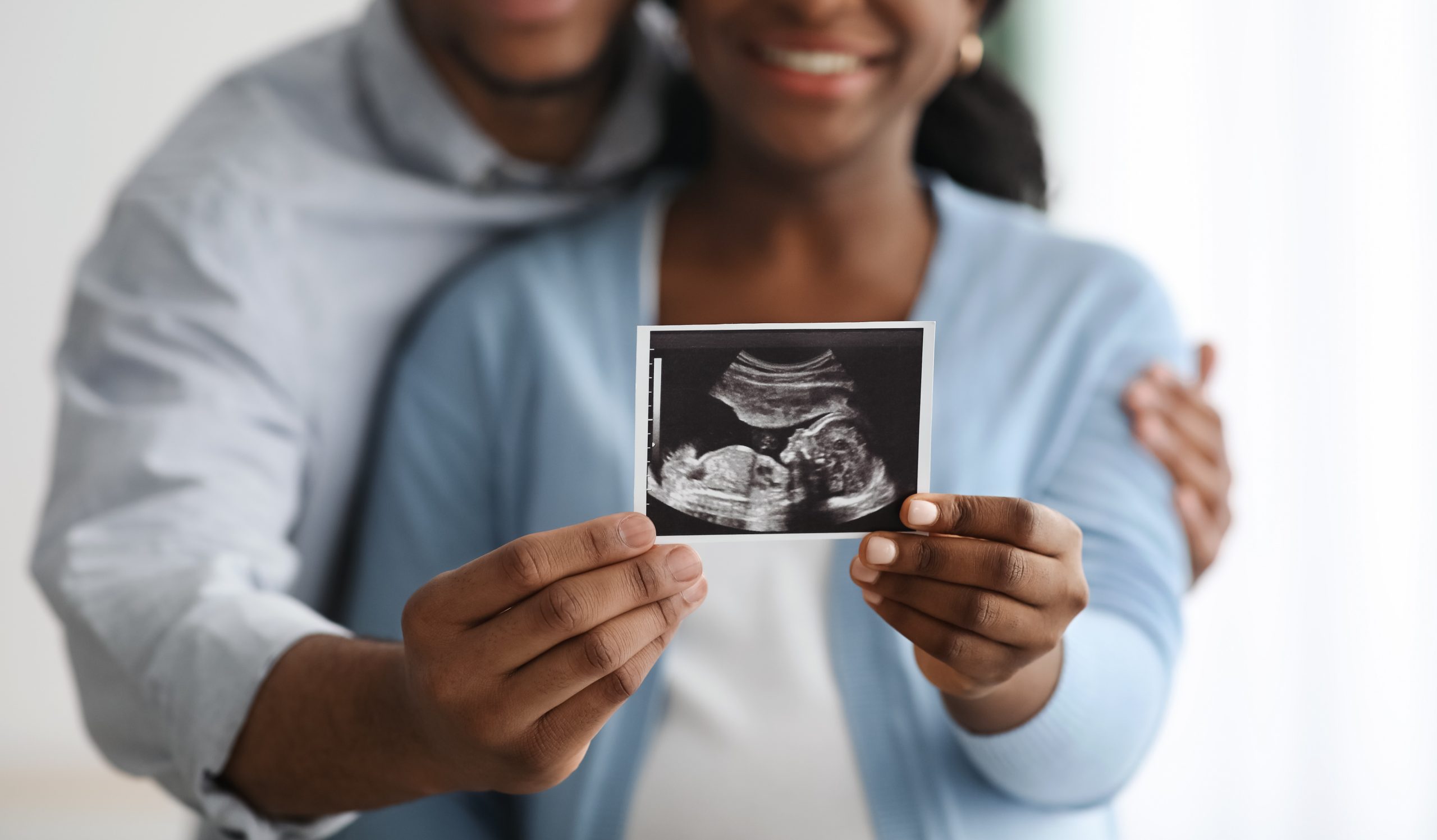Dear Doctor,
I am scheduled for laparoscopic surgery for endometriosis, and I am eager to start my journey toward pregnancy. I’m curious about what to expect next. Could you help me understand how long after endometriosis surgery I can get pregnant?
I’d also love to know more about any other lifestyle changes that can help with fertility after endometriosis surgery. Any advice would be so helpful as I plan for a healthy pregnancy.
Thank you!
Endo Won’t Stop My Baby Dreams
Dear Endo Won’t Stop My Baby Dreams,
I am happy to hear that you are pursuing your dreams of starting a family and are taking proactive steps. Getting pregnant with endometriosis can be very challenging, and you’re not alone; studies estimate that endometriosis affects 25-50% of women facing infertility. Luckily, we have several endometriosis infertility treatments, and surgery is one with really great outcomes.
For many women with moderate to severe endometriosis, surgery can be a game-changer in managing symptoms and improving fertility. Procedures like laparoscopy or excision surgery work to remove endometrial and scar tissue, helping restore a more natural pelvic anatomy and boosting the chances of conception. Studies show that rates of fertility after endometriosis surgery are very favorable but vary by the stage of your condition: 35.7% for stage I, 44.4% for stage II, 53.3% for stage III, and 20% for stage IV.
While we know you are excited to start your pregnancy journey after surgery, keep in mind that you will need some time to heal. Depending on the type and extent of your procedure, your healthcare provider may have you wait for anywhere between a few weeks to several months before actively trying to conceive. How long it takes to become pregnant depends on several individual factors, but based on research, the optimal time to conceive following surgery is within the first 12 months.
During that time, you can make certain lifestyle changes, like adopting an anti-inflammatory diet (we know that endo is an inflammatory condition that impacts fertility) and tracking your ovulation cycle.
Also, be sure to continue working closely with your healthcare provider after surgery so they can continue to support you. If after 10-12 months you have not gotten pregnant, they can hel you explore your other options. Our providers at Genesis are experts in supporting women with endometriosis in their fertility journey. Book an appointment to explore your options with our team today. Best of luck!
-Dr. Christopher Sullivan
Christopher Sullivan, MD, FACOG, is a board-certified gynecologist practicing at Genesis OB/GYN in Tucson, AZ.


